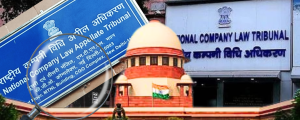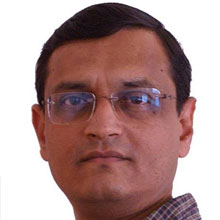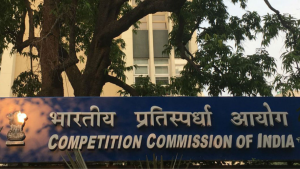

Why Do People Vote the Way They Do?
To understand this, let’s look at the most common reasons for people voting they way they do:
- Ideology-based. This is typically a Leftist and Rightist position: that one votes for a candidate based on the candidate’s ideology, if it is clearly present and aligned with one’s own. In recent years, people who were just left or right of center have been pushed further along their direction, thanks to strident rhetoric on both sides.
- Issue-based. Not so common in India (yet!), this is typical in state-level elections in the US, where a specific issue (mostly clothed as a Proposition) becomes a significant factor to drive voters to specific candidates.
- Caste-based. Traditional wisdom in India is that the electorate is caste-driven, to a very large degree. Our surveys have consistently reported the complete opposite, but survey-theorists will tell you that that’s because people are not comfortable telling you that they vote by caste, so they pick something else in the survey. It is also true that the political parties make a big deal about this, choosing candidates from the same caste against in a given constituency.
- Patronage-based. Particularly in semi-urban and rural areas, “powerful” politicians establish a network of patronage, through everything from granting contracts to paying a visiting farmer a little bit of cash. This pays off at the hustings, since the recipient’s “gratitude” overwhelms even the most heinous behaviour of the candidate.
Yes, these are the major reasons, but I think the most important reason comes out of the lacuna that Karthik has pointed out: people vote for the winner. The way I see it, people say they voted for the winner because, in the absence of the reasons above, they want to vote for the candidate that they believe will win. And this is a fact that politicians know very well, hence their strutting in public, staking claims of popularity and “winnability” well beyond the realms of possibility. Seasoned politicians know that they need to be seen as the winner, to be the winner. And this is borne out in personal discussions for all of us, too: people regularly reject candidates with the comment “Oh, but s/he can’t win”, as if that decides the reason to vote for someone.
So there you have it: you want to win an election? Be seen as the winner!
The views expressed in this article are solely those of the author’s and they do not represent the views of DAKSH.

Kishore Mandyam
RECENT ARTICLES


Testing the Waters: Pre-Implementation Evaluation of the 2024 CCI Combination Regulations

Not Quite Rocket Science

Administration of justice needs an Aspirational Gatishakti

-
Rule of Law ProjectRule of Law Project
-
Access to Justice SurveyAccess to Justice Survey
-
BlogBlog
-
Contact UsContact Us
-
Statistics and ReportsStatistics and Reports
© 2021 DAKSH India. All rights reserved
Powered by Oy Media Solutions
Designed by GGWP Design